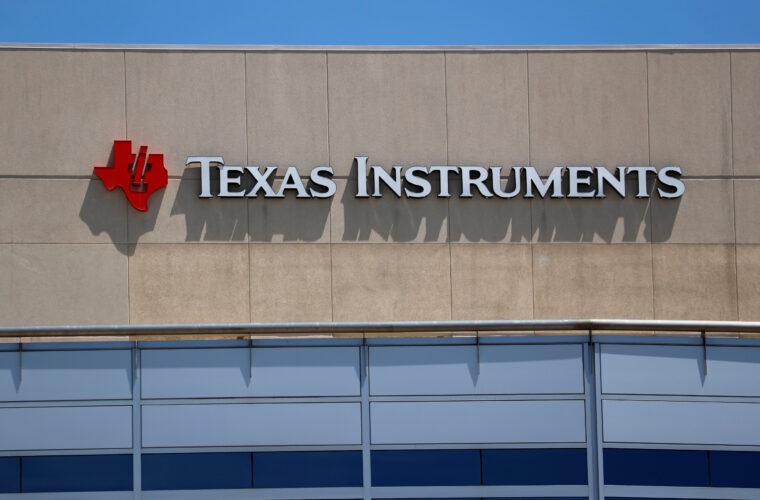Athlete 365: Ever wondered what happens to athlete’s once the Olympics are over for them? What opportunities do they have to go on with the rest of their lives?
The good news is they are not just thrown out with the bath water and left to fend for themselves. The International Olympic Committee run programmes through its Athlete 365 to help build careers post Olympics.
One programme in particular which caught our eye is the Business Accelerator programme. We take a run through the programme and meet one of the graduates using her newfound knowledge to build a non-profit in her home nation of Mali.
Business Accelerator programme
Athletes who have a business idea can graduate through the three-phase programme of the Athlete 365 Business Accelerator.
Firstly, to get on to the accelerator programme, you have to join an online bootcamp. All athletes interested in becoming entrepreneurs take part in the two-day bootcamp. Participants will gain tools to launch a business and prepare themselves for the next phase.
The six-week global online workshop aims to align students with their business plans and streamline ideas. The courses are offered through the IOC platform Athlete 365, and participants are paired with local experts from their area.
A fortunate few will be selected to continue and participate on a six-month mentorship and coaching programme.
“This program is really important in teaching athletes. Also advising and supporting them all the way through all the phases of creating and initiating a business and becoming an entrepreneur,” says Kady Kanouté Tounkara.
Olympian Kady Kanouté Tounkara was co-captain of the Mali basketball team in Beijing 2008. She is an athlete entrepreneur and Athlete 365 Business Accelerator Alumni.
Being an Olympian has opened many doors for Tounkara
“It has changed my life. Once you’re an Olympian you become a role model and it gives you a lot of responsibilities,” she explains.
“When I was appointed as the Athletics Commission Chair for the athletics in my country, I think that broadened my horizons a lot and allowed me to meet a lot of people who could influence my life and my career.”
“Also having the support of the IOC to be able to engage in such programmes such as the accelerator. Those are just some of the opportunities the Olympics can open for you. And I am very thankful for that.”
With a business degree in management and marketing from Fordham University, Tounkara had been working as a human resources manager.

Athlete 365 Accelerator programme
“I wanted to prove to myself that I could work in the corporate environment,” she says.
When the opportunity arose for her to explore another option through her Olympic network, she began to start thinking about her Mali roots.
With the education she gained from the Athlete 365 Accelerator programme Tounkara set up the Pan-African Sports Foundation with partner and fellow Olympian Aya Olivia Nakitanda. Swimmer Nakitanda represented Uganda in Beijing 2008.
“Our mission is to advance solidarity and development in Africa through sports,” says Tounkara.
They want to empower future sports starts so they can reach their full potential.
“It’s a non-profit organisation. We wanted to work with different sectors that we were both familiar with – women and youths, education, elite sport and economic development,” she says.
“I wanted to utilise all the experiences I have seen and to see how this could fit into a business model to be sustainable for supporting athletes.”
“And for Aya and I to have financial comfort while doing this, that was the goal,” she adds.
When asked what challenges she has faced getting the project up and running, there were a number no entrepreneur should have to deal with.
Aside from the global pandemic there has also been political coups in both of their countries.
“We have two branches of the foundation, one base in Uganda and one base in Mali. For the branch in Uganda, we’re not able, so far, because of the political situation, to finalise the registration, but at least we’re able to do the registration in Mali,” she explains.
“Those are some of the parameters that no one has control over. It challenges us to be to be more flexible.”
“Our motivation is there, and our objectives are still there so we’ll keep working,” she adds.



